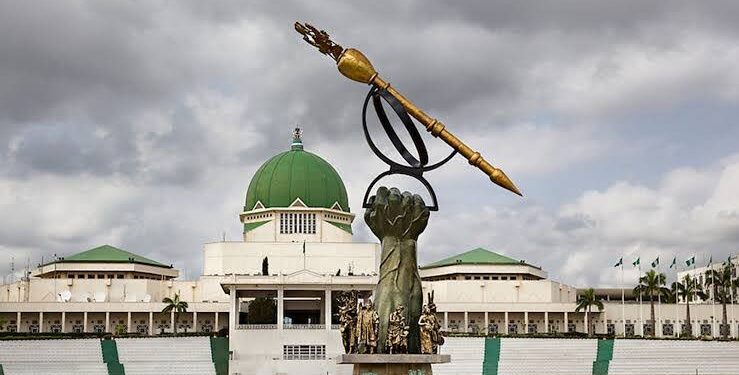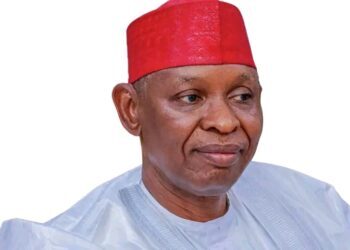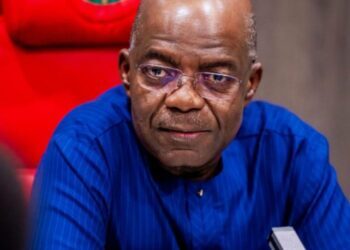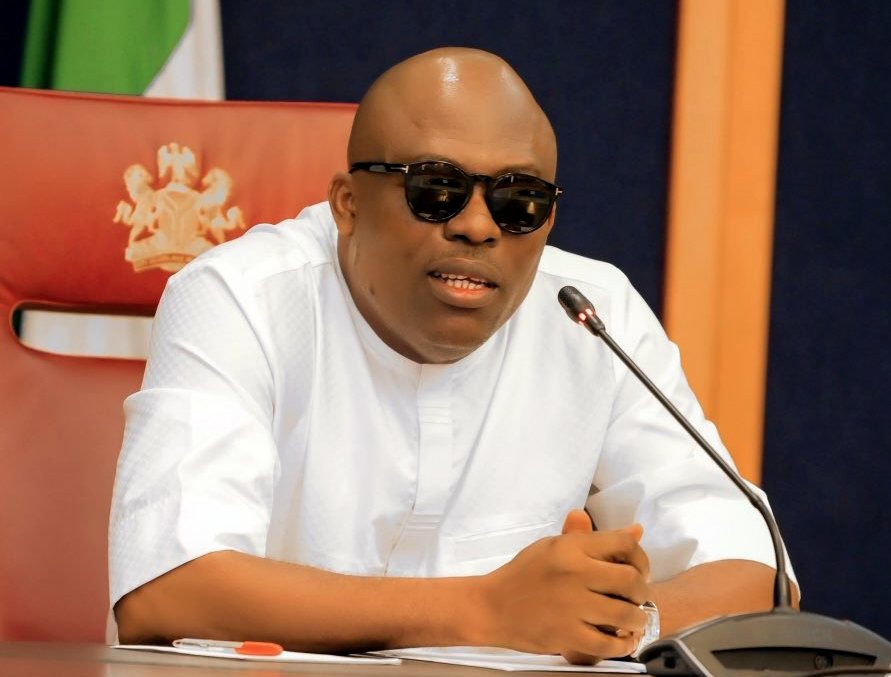President Tinubu conveyed his decision on the matter in a letter he sent to the President of the Senate, Senator Goodwill Akpabio on Tuesday.
He also explained in the letter why he did not sign the bill.
The bill is seeking to increase the retirement age to 65 years or 40 years of service, whichever comes first.
The existing law prescribes 60 years of age or 35 years of service for retirement.
Tinubu, while rejecting it, commended the Senate for the “diligent work” it put into drafting and passing the bill.
He said in the letter: “I write in respect of the harmonised retirement age for legislative officers of the national assembly of the Federal Republic of Nigeria bill passed by the national assembly and forwarded to me for assent.
“Upon thorough examination and careful consultation, I have decided to withhold my assent to the bill.
“This decision is made by the powers vested in me by the constitution of the Federal Republic of Nigeria.
“However, I trust that this decision would be received with understanding and acceptance.”











